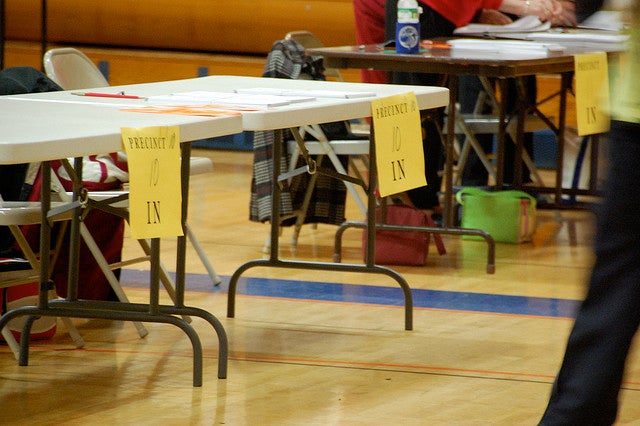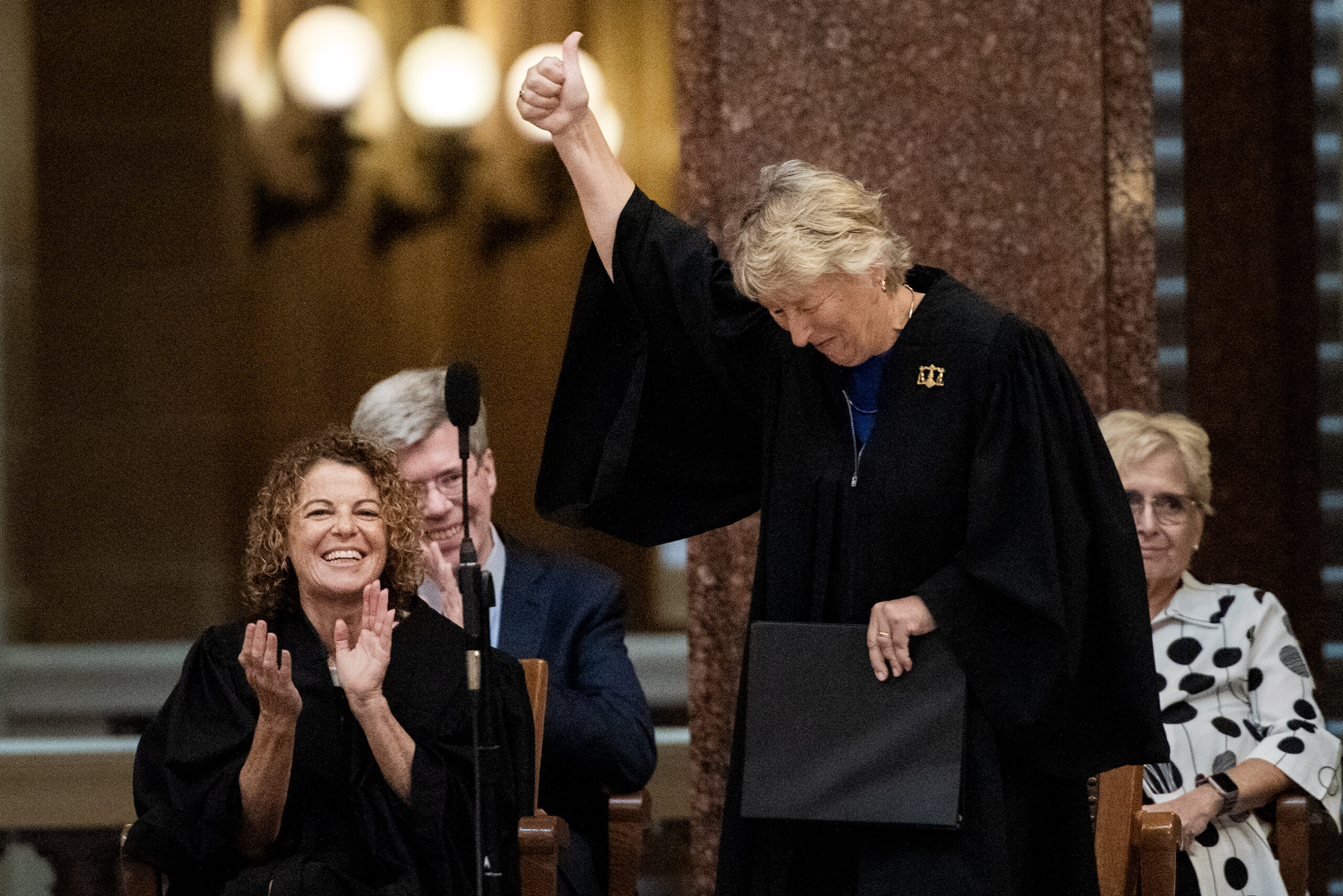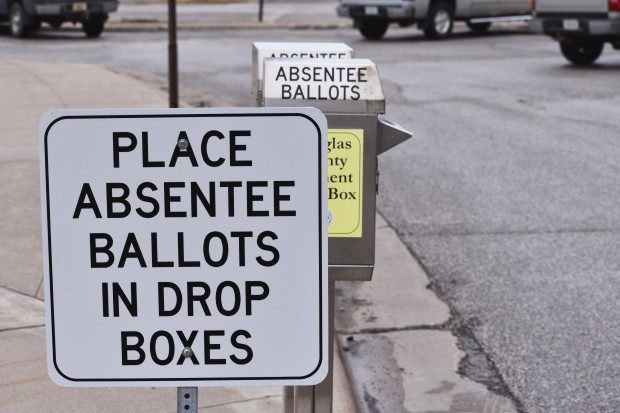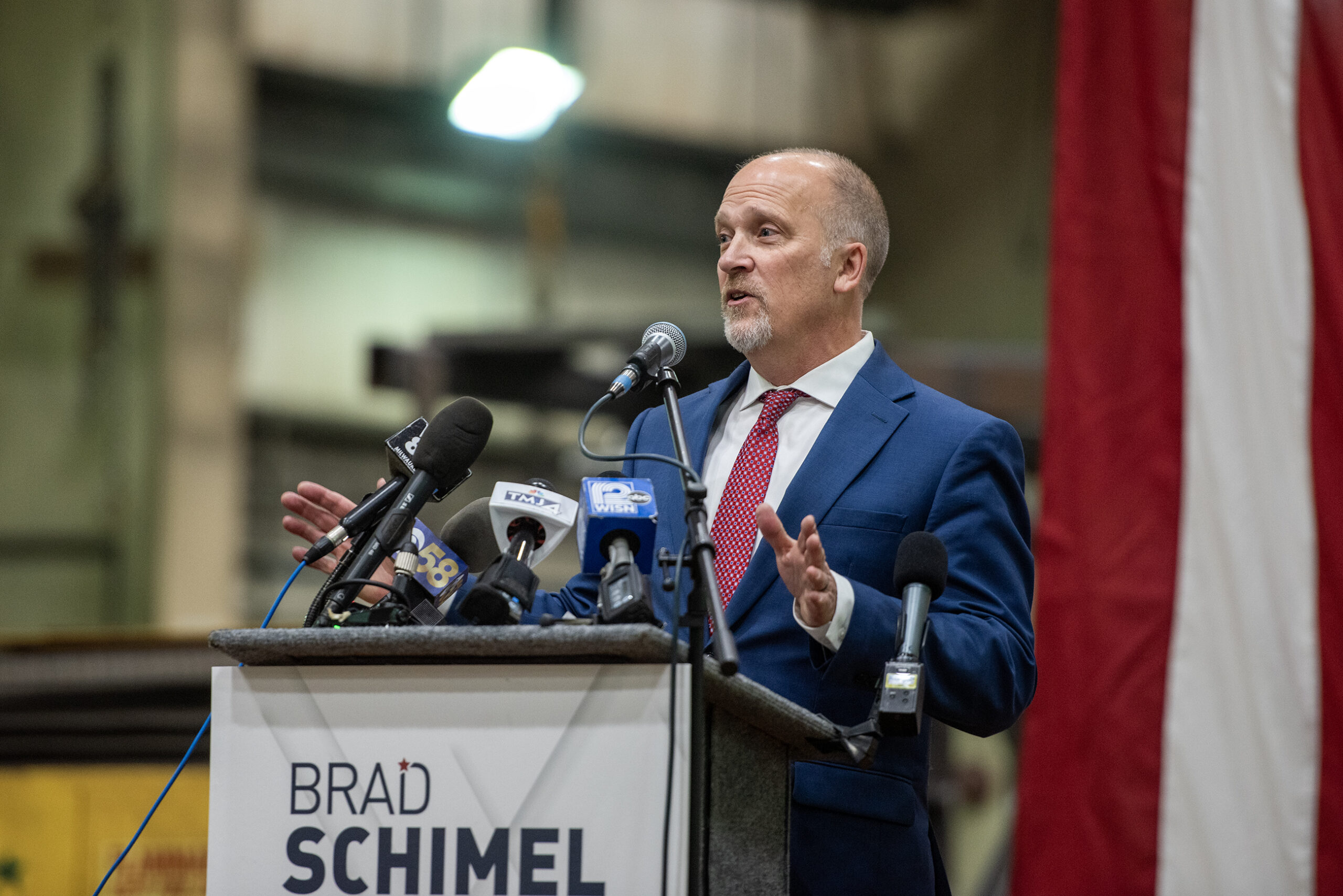Polls open early on Tuesday morning for a spring election that could potentially have a big impact on the state’s Supreme Court.
For one thing, voters will decide a Supreme Court race between incumbent Justice Ann Walsh Bradley and Rock County Judge James Daley. The race between the two has been highly negative, with each of the candidates repeatedly accusing the other of being “soft on crime” and partisan. In addition, Daley has called Bradley an “activist judge” for her rulings on the state’s collective bargaining law and voter ID.
The state’s high court could also undergo another change depending on the outcome of a constitutional referendum that will ask voters whether justices should select their chief justice through a vote. Currently, the justice with the most seniority automatically becomes chief.
Stay informed on the latest news
Sign up for WPR’s email newsletter.
Proponents of the change say it will bring Wisconsin in line with how other institutions choose their leaders. Critics, including Justice Bradley, have asserted that the proposal is simply a ploy by conservatives to remove current Chief Justice Shirley Abrahamson from her position. Abrahamson is often described as one of the court’s more liberal judges.
Of course, there will be a large number of non-Supreme Court races and referendums across the state on Tuesday. Madison residents will be voting for their next mayor, in a race between longtime officeholder Paul Soglin and the city’s youngest alderman, 28-year-old Scott Resnick. In addition, many rural regions of the state will be voting on whether or not to devote additional bonding toward local school districts that are strapped for funding.
The state Government Accountability Board has predicted a voter turnout rate of about 20 percent for Tuesday, an estimate based on past elections involving a contested state Supreme Court race.
Notably, the election will be the first in Wisconsin since the U.S. Supreme Court declined to take up a challenge to the state’s voter ID law. The law, however, will not be in effect on Tuesday, meaning that voters won’t be required to show any form of ID at the polls unless they’re registering to vote.
Wisconsin Public Radio, © Copyright 2024, Board of Regents of the University of Wisconsin System and Wisconsin Educational Communications Board.





